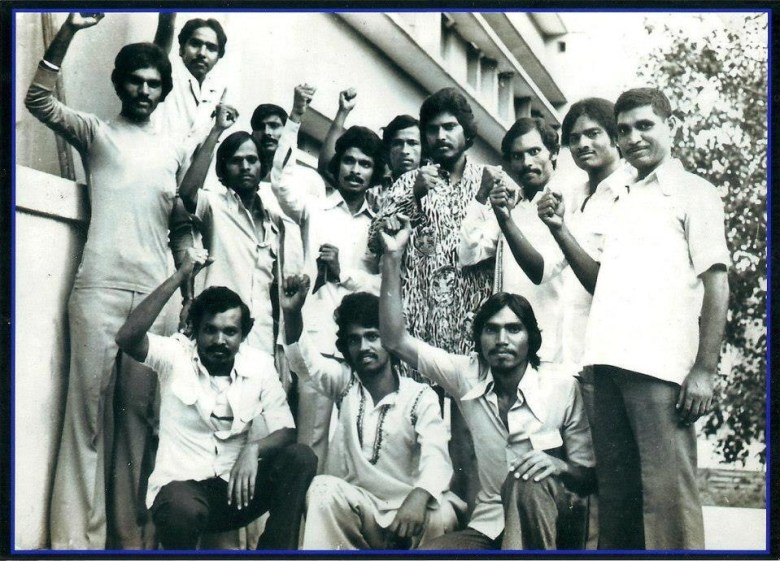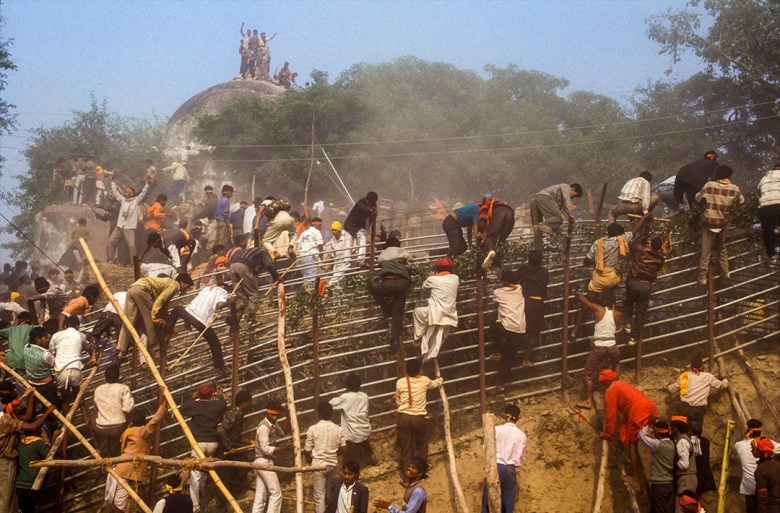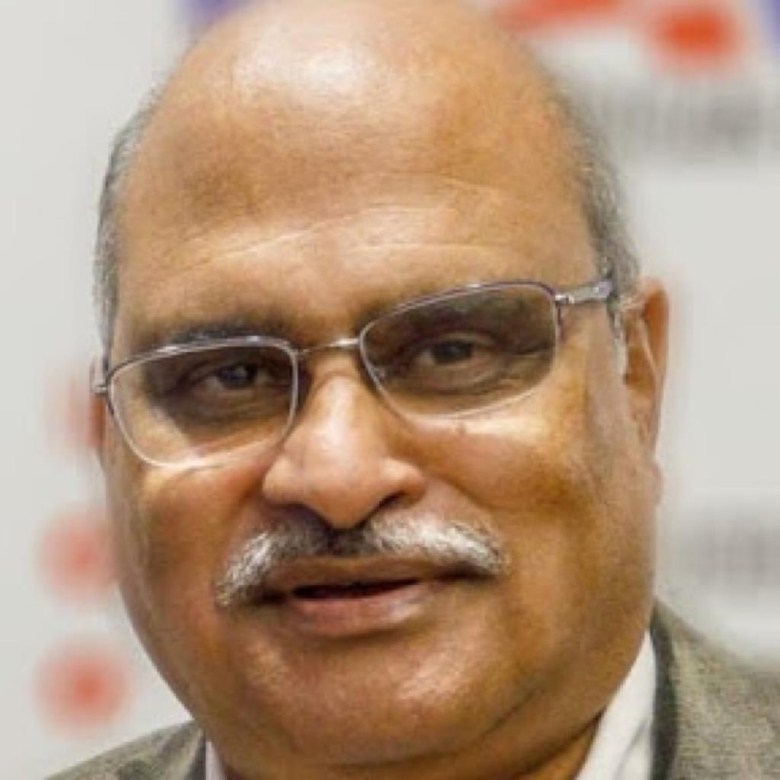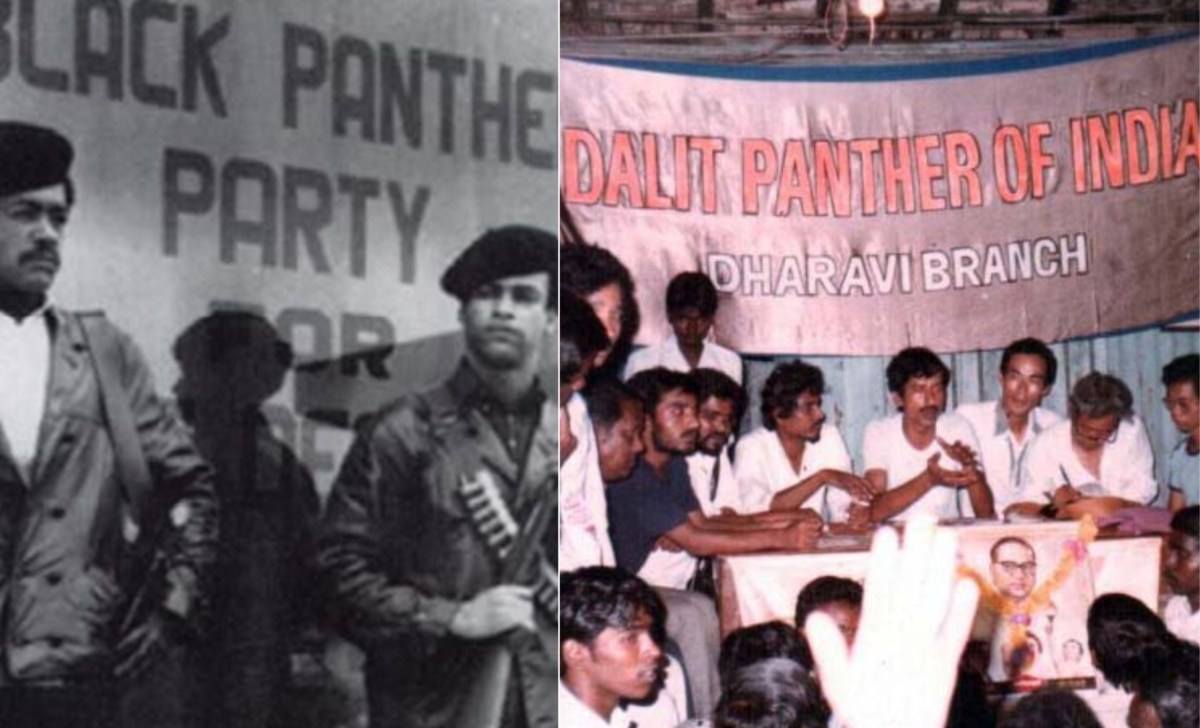|
Listen to this article here
Getting your Trinity Audio player ready...
|
By Rasheed Ahmed, Executive Director of the Indian American Muslim Council
It is now well known that Reverend Dr. Martin Luther King Jr. drew deep inspiration from India’s leader Mahatma Gandhi.
“While the Montgomery boycott was going on,” King wrote, “India’s Gandhi was the guiding light of our technique of nonviolent social change.”
What is less known is that the influence went the other way too, with generations of activists in India drawing inspiration from the U.S. civil rights movement. A movement among India’s caste-oppressed individuals, The Dalit Panthers, patterned themselves directly after the Black Panthers, immersing themselves in Black liberation literature.

Today — with white supremacism increasingly emboldened in the U.S., a violent brand of Hindu supremacism increasingly powerful in India, and both groups joining forces in the U.S. — it is especially important to revisit this powerful, transnational relationship from the civil rights era.
Continuing to learn from each other’s struggles, both here and abroad, will be crucial for assuring our mutual prosperity.
Hindu Nationalism in India
For the past two decades, India has been racked by what some are calling a “new Jim Crow for Indian Muslims and Christian”.
Led by Prime Minister Narendra Modi and his Bharatiya Janata Party (BJP), the Indian government has attempted to impose the ideology of Hindu Nationalism — or the idea that India must be a purely Hindu state, with other faiths as second class citizens — on the entire population.
In India today, like in the Jim Crow south, India’s minorities also contend with a constant stream of vigilante killings and mob lynchings.
Week after week, attackers rip Indian Muslim truck drivers from their vehicles and kill them they drive down state highways. Indian mosques are frequently destroyed by both state and non-state actors.
New laws prevent intermarriage between Hindus and Muslims, prohibit countless Muslim businesses from operating, legalize the brazen demolition of churches and mosques, and afford impunity to those who kill Muslims and Christians.

Sharing the Target of Discriminatory Violence
These policies and practices bear a terrifying resemblance to the vigilante violence, anti-Black intermarriage laws, discriminatory business policies, and government-backed segregation imposed on Black Americans in the late 19th and early 20th century.
It is sadly no exaggeration to say that the horrors of Tulsa’s Black Wall Street massacre repeat themselves in India: throughout lat year, mobs assaulted and killed Muslims and Christians in India for their minority status, destroying their property, leaving trails of death and permanent injuries in their wake.
In Tulsa, at least, the government and local population have tried to reckon with the horrors of its violent white supremacist past, mandating education on the Tulsa massacre in schoolbooks and dedicating a park in honor of its victims.
In India, and among some Hindu nationalist groups in the U.S. diaspora, the opposite has occurred: Hindu nationalists are trying (in some cases literally) to bury the history of anti-Muslim brutality. Consider the case of the newly inaugurated iRam Temple.
In 1992, Hindu supremacist mobs descended on India’s 500-year-old Babri Mosque, \destroying it with sledgehammers. In the riots that followed, mobs killed more than 2,000 predominantly Muslim Indians, and left countless people displaced from their homes.

In 2008, Hindu supremacist groups also killed more than 100 Christians and raped more than 40 Christian women in the Kandhamal district of Orissa, India.
The attacks led to the destruction of nearly 400 churches and the plundering or burning of around 6,000 Christian homes. The Kandhamal pogrom left an estimated 75,000 people homeless in its wake.
Hindu Nationalism in Oklahoma
Instead of trying to address this history of violent intolerance, India’s prime minister has tried to bury it, in some cases literally.
In January of this year, Narendra Modi inaugurated an enormous Hindu temple directly over the destroyed Babri Mosque, an event celebrated as a victory for Hindu nationalists the world over, including in Oklahoma.
This Oklahoma celebration was conducted by a US organization known as the Hindu Swayamsevak Sangh (HSS). The national group shares its name and ideology with the Hindu nationalist organization considered centrally responsible for the riots that destroyed the Babri Mosque and killed so many muslims, as well as the massive anti-Christian violence in Kandhamal: the Rashtriya Swayamsevak Sangh (RSS).
Now, the HSS is actively courting the favor of domestic African American organizations throughout the U.S. This is a terrible irony, especially considering that a California chapter of the HSS has even held an event in honor of Veer Savarkar, a Nazi-inspired Hindu nationalist who once remarked that Muslims should “have the position of negroes in your country” to an American interviewer.
To put it even more starkly: the American group is named after an Indian organization which has conducted mass killings of Muslims and Christians. The American group, which honors extreme racists at its US events, is hosting Black History month celebrations with unknowing African-American organizations.
Solidarity to overcome overlapping struggles in U.S. and India
This isn’t the worst of it. Throughout the U.S., Hindu nationalist groups have courted the favor of known white supremacists. The Hindu nationalist group Americans4Hindus has invited white supremacist leaders to its events, including Laura Loomer, a prominent conspiracy theorist banned from all prominent social media platforms for violating hate speech policies.
Other Hindu nationalist groups have fiercely opposed Affirmative Action programs in the U.S.
Just as oppressed Indian minorities and African Americans drew inspiration from each other’s liberation strategies in the past, so too must we learn of the shared roots of our ongoing oppression.
This Black history month, I hope Indian Americans of all faiths and persuasions can join hands with African American communities to comprehend our overlapping struggles. Only through mutual understanding can we continue to fight our shared fights.
Rasheed Ahmed is executive director of the Indian American Muslim Council, the U.S.’s oldest and largest organization representing the Indian Muslim diaspora.




Leave a comment